Summary

Shug
by Jenny Han
SHUG
is clever and brave and true (on the inside, anyway). And she's about to become your new best friend.
Annemarie Wilcox, or Shug as her family calls her, is beginning to think there's nothing worse than being twelve. She's too tall, too freckled, and way too flat-chested. Shug is sure that there's not one good or amazing thing about her. And now she has to start junior high, where the friends she counts most dear aren't acting so dear anymore -- especially Mark, the boy she's known her whole life through. Life is growing up all around her, and all Shug wants is for things to be like they used to be. How is a person supposed to prepare for what happens tomorrow when there's just no figuring out today?
.
Read
Shug on http://kissnovel.net
Martial Peak Reviews
Shug by Jenny Han is a poignant exploration of adolescence, identity, and the tumultuous journey of growing up. Through the eyes of Annemarie Wilcox, affectionately known as Shug, readers are invited into the complex world of a twelve-year-old girl grappling with the challenges of junior high, friendship, and self-acceptance. Han's narrative is both relatable and heartfelt, making it a compelling read for young adults and anyone who remembers the trials of their own youth.
At the heart of the story is Shug, a character who embodies the awkwardness and insecurities that often accompany the transition from childhood to adolescence. She feels out of place in her own skin—too tall, too freckled, and too flat-chested. This physical discomfort mirrors her emotional turmoil as she navigates the shifting dynamics of her friendships, particularly with Mark, a boy she has known her entire life. As they enter junior high, the innocence of their childhood friendship begins to fray, leaving Shug feeling isolated and confused. Han captures this feeling of alienation with remarkable authenticity, allowing readers to empathize with Shug's plight.
One of the most striking themes in Shug is the struggle for self-identity. As Shug faces the pressures of growing up, she grapples with her sense of self-worth and the desire for acceptance. The narrative deftly illustrates how external perceptions can influence internal beliefs, particularly during the formative years of adolescence. Shug's journey is not just about fitting in; it's about understanding who she is beyond the labels and expectations imposed by her peers and society. This theme resonates deeply with readers, as many can recall their own experiences of feeling out of place during their teenage years.
Han's character development is another highlight of the novel. Shug is not just a passive observer of her life; she is a dynamic character who evolves throughout the story. As she confronts her insecurities and the complexities of her relationships, readers witness her growth and resilience. The author skillfully portrays Shug's internal struggles, allowing readers to see her vulnerabilities and strengths. This nuanced portrayal makes Shug a relatable and endearing protagonist, one that readers will root for as she navigates the ups and downs of adolescence.
The supporting characters in Shug also play a crucial role in shaping the narrative. Shug's interactions with her family, friends, and peers provide insight into her character and the world around her. The contrast between her childhood friendships and the evolving dynamics in junior high highlights the often painful process of growing apart from those we once held dear. Han captures the bittersweet nature of these changes with sensitivity, reminding readers that growth often comes with loss.
Moreover, the book addresses the theme of friendship in a way that is both realistic and poignant. As Shug navigates her changing relationships, she learns valuable lessons about loyalty, trust, and the importance of surrounding oneself with genuine friends. The complexities of friendship are depicted with honesty, reflecting the often tumultuous nature of adolescent relationships. This exploration of friendship is reminiscent of other coming-of-age stories, such as Bridge to Terabithia by Katherine Paterson and The Perks of Being a Wallflower by Stephen Chbosky, where the bonds formed during youth are tested and transformed.
Another significant aspect of Shug is its exploration of societal expectations and the pressure to conform. Shug's insecurities are amplified by the societal standards of beauty and popularity that often dominate the junior high experience. Han addresses these issues with a gentle yet powerful touch, encouraging readers to embrace their individuality and reject the notion that self-worth is tied to external validation. This message is particularly relevant in today's world, where social media often exacerbates feelings of inadequacy among young people.
In terms of writing style, Han's prose is accessible and engaging, making it easy for readers to immerse themselves in Shug's world. The narrative flows smoothly, with a balance of humor and poignancy that captures the essence of adolescence. Han's ability to convey complex emotions in a relatable manner is a testament to her skill as a storyteller. The dialogue is authentic, reflecting the way young people communicate and interact, further enhancing the book's realism.
Overall, Shug is a beautifully crafted coming-of-age story that resonates with readers of all ages. Jenny Han has created a character in Shug that is both relatable and inspiring, reminding us of the importance of self-acceptance and the value of true friendship. The themes of identity, growth, and the complexities of adolescence are woven together in a narrative that is both heartfelt and thought-provoking.
In conclusion, Shug is a must-read for anyone who has ever felt out of place or struggled with the challenges of growing up. It serves as a reminder that while the journey to self-acceptance can be fraught with difficulties, it is also filled with moments of joy, discovery, and the potential for growth. Jenny Han's ability to capture the essence of adolescence in such a relatable way makes this book a timeless addition to the genre of young adult literature.




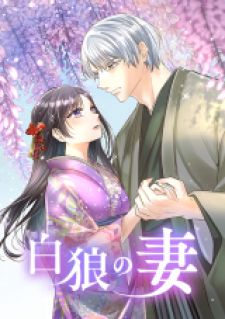


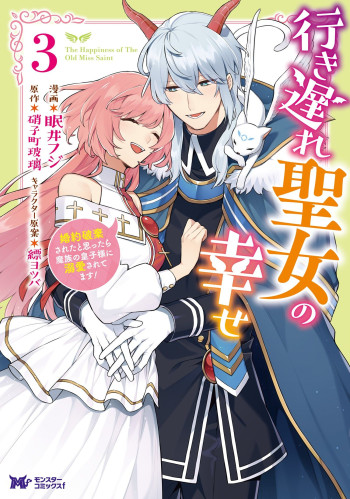
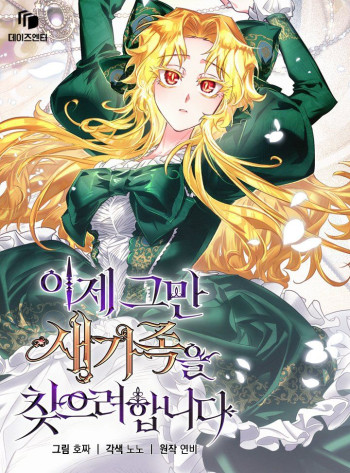
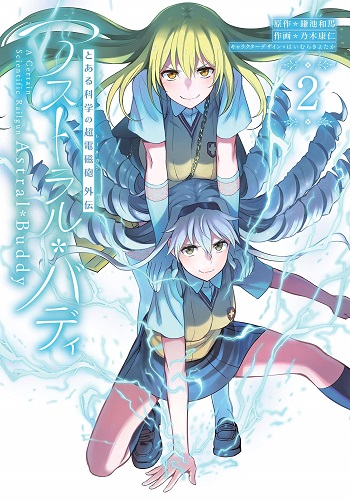
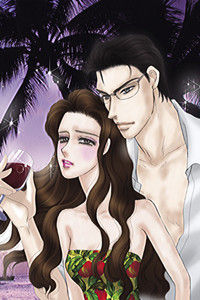

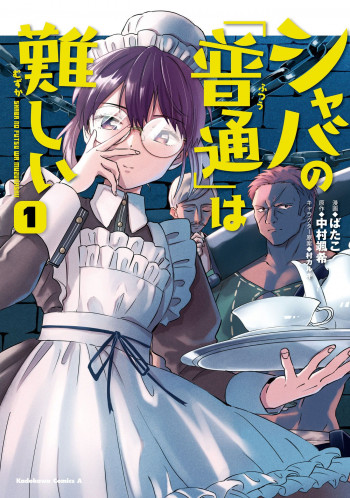










Reviews 0
Post a Reviews: